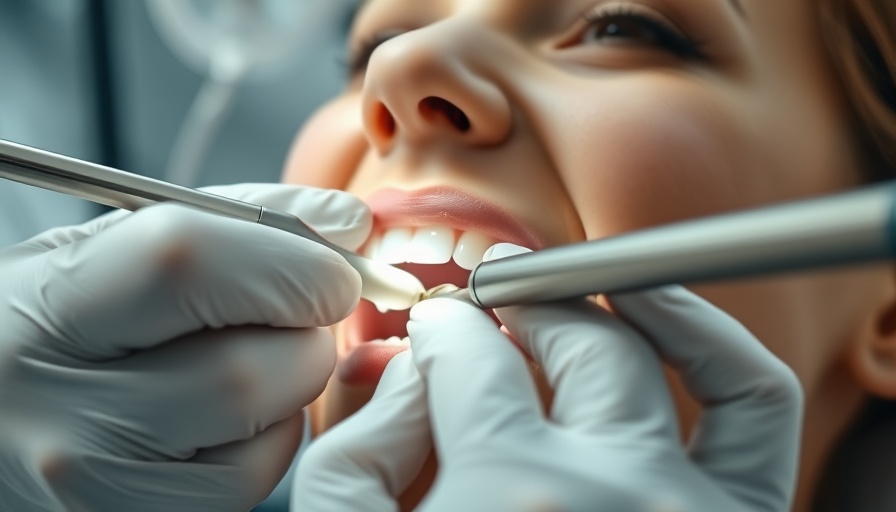
Are Magic Mushrooms the Future of Longevity?
Recent research reveals the intriguing potential of psilocybin, the active compound in magic mushrooms, as a contributor to longevity. In a groundbreaking study, scientists found that psilocybin significantly influences telomere length—DNA sequences that cap the ends of chromosomes and play a critical role in the aging process. When these telomeres shorten, it accelerates cellular degradation and eventually leads to cell death. The findings suggest that psilocybin could not only extend the lifespan of cells but may also have implications for combating chronic diseases, including cancer.
The Science Behind Psilocybin and Aging
Dr. Kosuke Kato and his research team conducted experiments revealing that a low dose of psilocin can prolong the lifespan of human lung stem cells. This study reinforces the ‘psilocybin-telomere hypothesis,’ which theorizes that psilocybin treatment can help maintain telomere length, thereby slowing the aging process. Data showed that psilocybin treatment increased levels of SIRT1, a gene that protects against DNA damage and influences cellular metabolism, thus enhancing cell vitality.
The Craving for Preventive Care
This research highlights a fascinating avenue for preventive care strategies in public health. As society increasingly seeks holistic wellness approaches for chronic disease prevention, finding natural compounds like psilocybin could empower individuals to enhance their health proactively. Integrating mental health awareness with physical wellness, magic mushrooms might become part of a broader lifestyle medicine paradigm.
Implications for Future Health Programs
With interest in alternative therapies growing, this information invites health professionals to consider integrating psilocybin into preventive care programs. Imagine a world where mental health support and chronic disease prevention are not just about medications, but also involve innovative solutions emerging from substances once relegated to the fringes of society. Engaging in lifestyle changes that enhance physical health alongside groundbreaking treatments may redefine wellness for future generations.
Staying Informed and Engaged
The implications of psilocybin relaxation extend beyond individual wellness; they portend a shift in how we address aging and health. Keeping abreast of ongoing research can help individuals make informed decisions about incorporating new wellness strategies in their lives. Whether through traditional preventive medicine or holistic health initiatives, understanding how our choices impact aging will be key to enhancing our quality of life.
 Add Row
Add Row  Add
Add 




Write A Comment